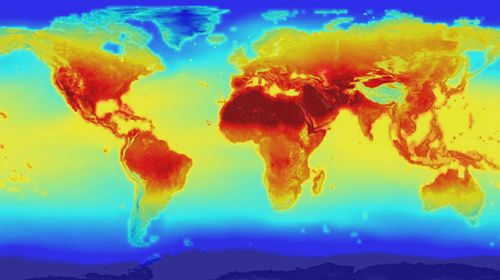
2023-2024 Altman Symposium: Environmental Justice
The 2023-2024 Altman Program invited the Miami University community to join the urgent, transdisciplinary conversation on environmental justice. What political, economic, conceptual, and cultural barriers stifle the realization of an environmentally just and sustainable society? What is the meaning of “justice” at the astonishing scale of the planet? What ethical frameworks and imaginative interventions are essential to facing the environmental challenges of our time? What can we learn from the history of human responses to social and ecological peril? And how can scholars, students, and the public forge a more just and sustainable future for our planet?
Symposium Schedule
This two-day symposium featuring presentations by faculty and students and two exceptional keynote speakers is the culmination of our 2023-2024 Altman Program. All events will occur in the Shriver Center Heritage Room and are open to the public.